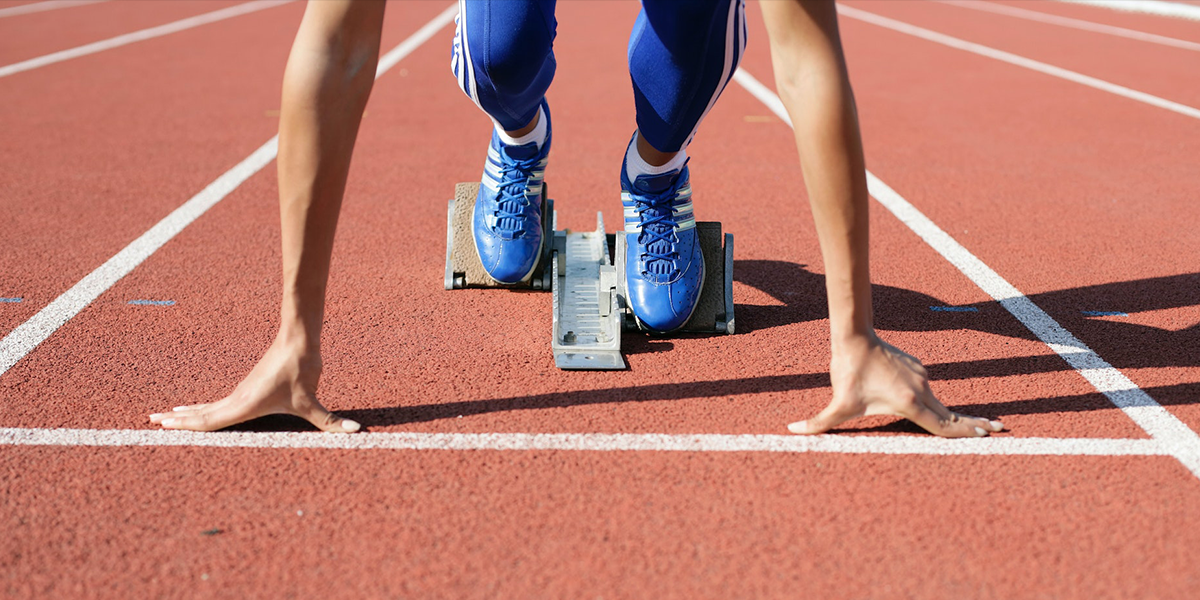If extracurricular school activities held a popularity contest, we’d bet on school sport coming in dead last – despite its many advantages.
School sport has a pretty extensive list of benefits, like better physical health, improved short- and long-term mental wellbeing, better concentration and academic performance, increased likelihood of finishing school and going to uni, greater resilience, helping make new mates, and combating the impacts of loneliness.
School sport can also help young people realise you don’t have to be good at something to enjoy it, highlighting the positive intrinsic benefits of simply improving their skills and achieving personal bests rather than just winning.
Above all else, school sport teaches a pretty important lesson: that life isn’t all about winning.
However, primary and high school sport leaves a lot to be desired from a young person’s perspective, who are more likely to prefer devoting more time to socialising, studying or simply sleeping in on Saturdays instead.
And unfortunately, these three factors can tend to turn people off organised sports – sometimes for life.
But what may surprise you is that this can all change when you hit university, where involvement in sports not only addresses but eliminates many of these issues.
For example, where school sports once robbed young people of the time to socialise, that backflips at university.
As Andrew Busch, Assistant Professor of Health and Human Kinetics at Ohio Wesleyan University explained for The Sports Review, sport provides students a critical opportunity for community-building at university.
“Students are away from home and living on their own, and sports create a family away from home as they are a part of something larger than themselves.”
But how? And why?
Victoria Jackson, Sports Historian and clinical assistant professor of History at Arizona State University explained explains:
“When we play, compete, and sweat together (or volunteer our time and labour to create opportunities for others), strangers become neighbours and communities thrive,” Jackson said.
“(And) when we learn to use our bodies for ourselves, to feel and experience our own personal pleasure, growth, and strength, we are building a capacity to understand and value our power.”
And those lessons of power we learn from university sport, says Jackson, are big and small.
“We are less likely to experience feelings of insecurity, anxiety, guilt, and more, when we regularly expose ourselves to the discomfort and vulnerability that comes along with testing and pushing our bodies,” Jackson said.
“We are more likely to say ‘yes’ to new experiences and opportunities and in our personal and professional lives because we have been busy learning these lessons from regularly challenging ourselves on fields of play.”
Sport doesn’t just improve outcomes for young people’s health and wellbeing – time spent away from the desk or university bar and on the field or court has been shown to improve their academic performance as well. Research included in UniSport’s The Value Of Sport report showed that “students who exercise regularly…graduate at higher rates and earn on average a full GPA point higher than their counterparts who do not exercise.
These aren’t limited to students’ experiences at university either. A 2017 study of British university students showed a clear association between activity levels in students and perceptions of attainment and employability.
But the greatest lesson of all comes from what university sports teach us about humanity.
“When we come together and use our bodies together, we see ourselves in others, and others in ourselves. We acknowledge and appreciate shared goals and common struggles.
And once we uncover these and promote the benefits of participation in university sports across Australia?
Well, we’ll go far beyond making sure university ovals are kept in regular use. To learn more about the benefits of participating in sports in university, UniSport has created a report titled The Value Of Sport, that can be accessed here.






